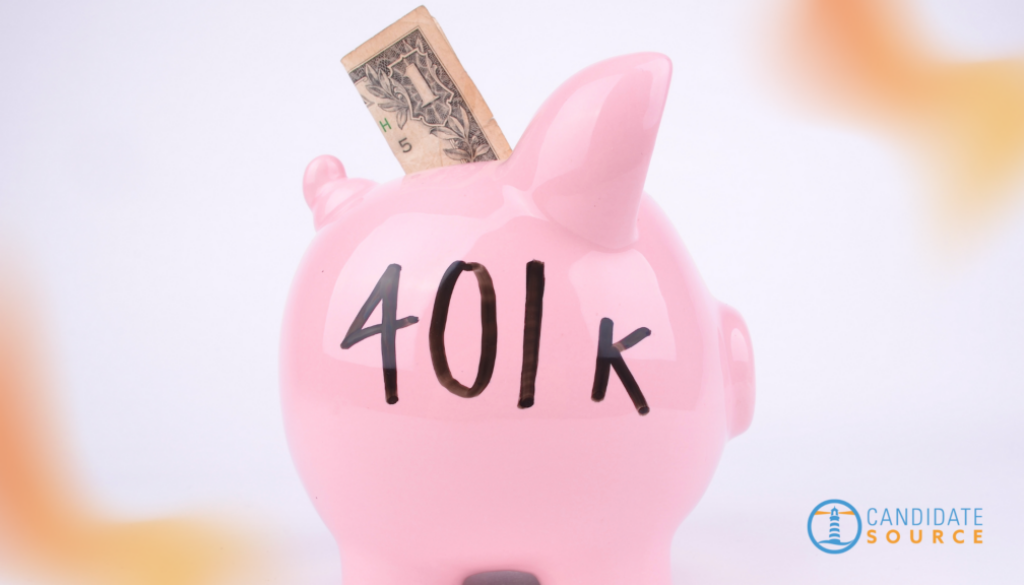What Is a 401(k) Plan? A Simple Guide for First-Time Savers
What Is a 401(k), and Why Should You Care?
If you’ve recently become eligible for a 401(k) plan at work — congratulations. That means your company trusts you enough to offer you a long-term benefit: a chance to save for your future.
A 401(k) is a retirement savings plan. Think of it like a special savings account your job helps you build. You put money into it from your paycheck, and that money is meant to grow over time so you can use it when you’re older and no longer working.
Simple analogy:
Imagine planting a tree. You water it a little bit every week, and over the years, it grows into something strong that can give you shade and fruit. A 401(k) is like that — small savings now can grow into something big later.
How Does a 401(k) Work?
Here’s what happens behind the scenes:
- You choose (or your employer sets) a small amount to come out of your paycheck.
- That money goes into your 401(k) account — before taxes are taken out.
Your money is invested — that means it’s used to try and grow through things like stocks or mutual funds.
If your employer automatically enrolls you, it just means you’re already in the plan unless you choose to change it. But you’re always in control. You can:
- Add more money
- Add less money
- Or stop contributions entirely
Why It Matters
You might be thinking, “I’ve got bills to pay now. Why save for retirement?”
That’s fair — but starting early gives your money time to grow through something called compound interest.
Here’s a simple way to think about it:
Imagine you’re stacking blocks. At first, you’re only adding one or two at a time. But then those blocks start adding more blocks on top of themselves. That’s what compound interest does — your savings make money, and then that money also makes more money.
Even small amounts matter. Saving just a little now can mean a lot more later.
Can You Take the Money Out?
Yes, but it’s meant to stay there until you’re at least 59½ years old. If you take it out early, you’ll usually have to pay:
- Regular income taxes on what you withdraw
- A 10% early withdrawal penalty
Some plans may let you take out a loan or withdraw early for certain emergencies — but these options come with rules. Always ask your plan provider before making any withdrawals.
What’s an Employer Match? (And Why You Shouldn’t Miss It)
Some companies — like ours — will matchpart of the money you put into your 401(k). That’s basically free money added to your account just for saving.
Example:
Let’s say you put in $50 from your paycheck. If your company matches 50%, they’ll add $25. Now you have $75 going toward your retirement instead of just $50.
That’s money you don’t want to leave on the table.
Even if you’re not sure how much you can afford to save, contributing at least enough to get the full matchis a smart move.
Think of it like this:
If someone offered to double part of every dollar you saved, wouldn’t you take them up on it?
What Happens If You Leave Your Job?
Good news — your 401(k) money goes with you. You have a few options:
- Leave itwhere it is (if the plan allows)
- Move itto a new 401(k) or IRA (this is called a rollover)
- Cash it out(but that usually means paying taxes and penalties)
Just because you leave your job doesn’t mean you lose your savings.
Terms You Should Know
- Contribution– The money you put into your 401(k) from each paycheck
- Pre-tax– Money that’s taken out before taxes, lowering how much of your income is taxed today
- Investment– Your money is used to buy things (like mutual funds or stocks) that can grow over time
- Withdrawal– Taking money out (usually after 59½ to avoid penalties)
- Rollover – Moving your 401(k) to a different retirement account when you switch jobs
Final Thoughts
Becoming eligible for a 401(k) is a big step. It shows your hard work is paying off — and now you have a chance to build something for your future.
You don’t need to be an expert or save a lot to get started. Just saving something — even a small amount — can make a big difference.




